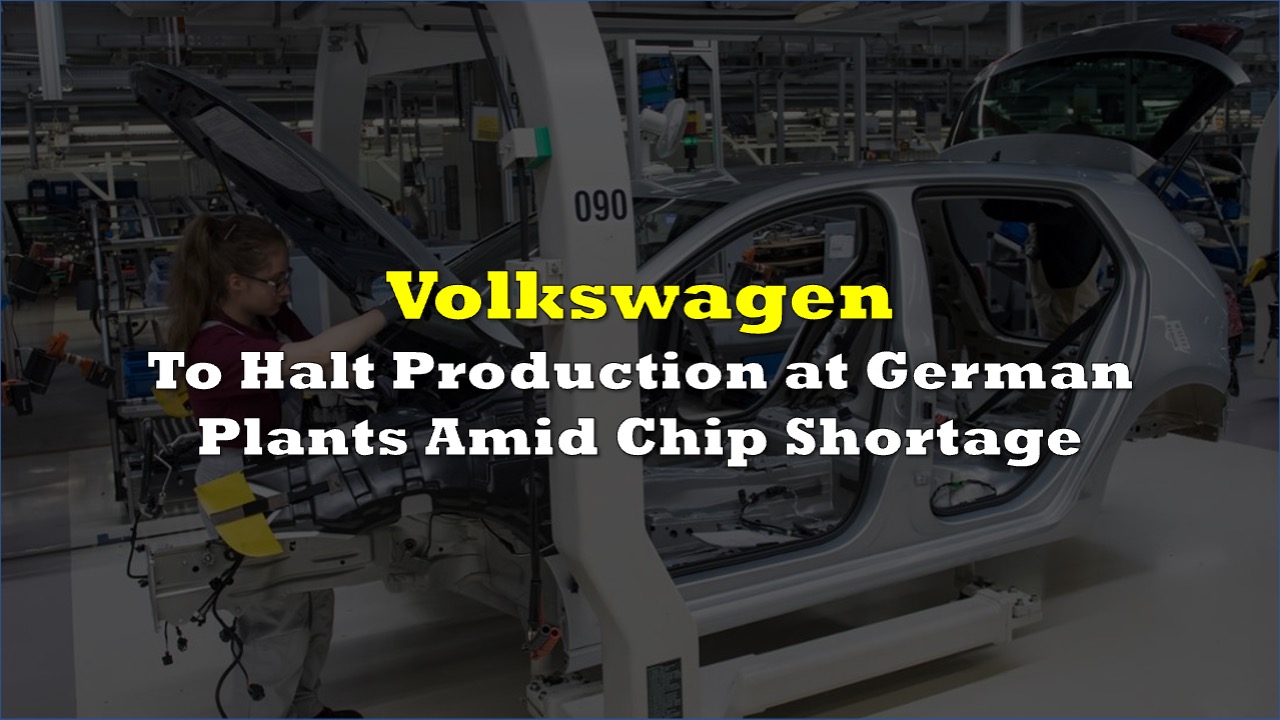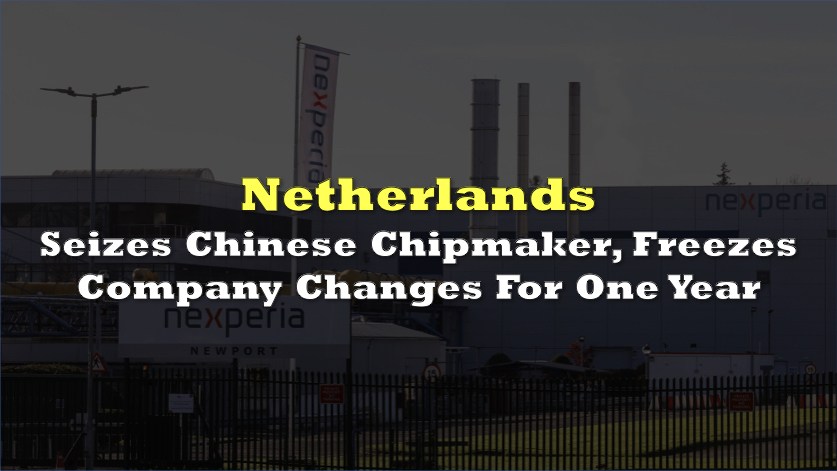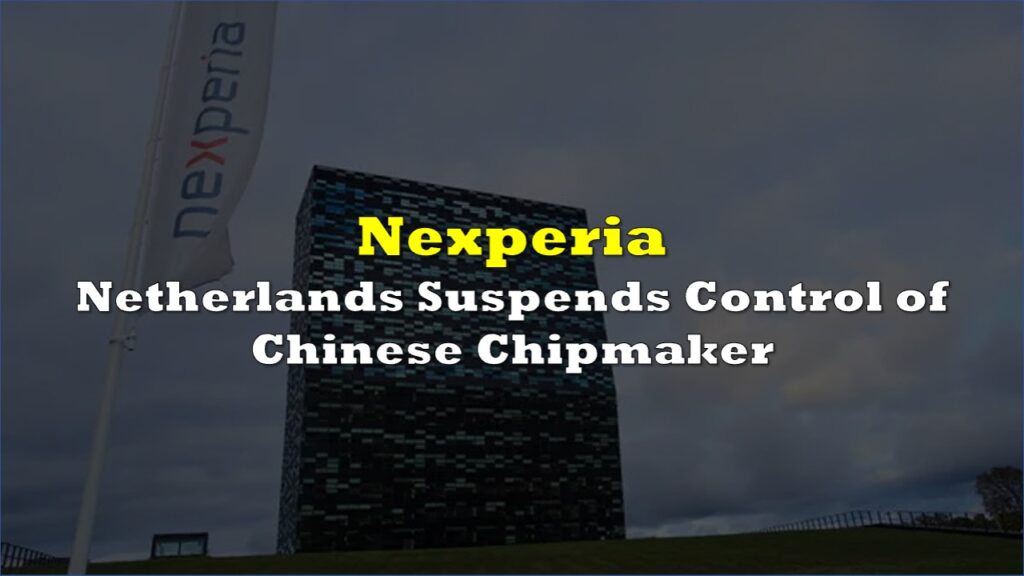Volkswagen will halt production of its Golf model at its main Wolfsburg plant starting October 29 due to a semiconductor shortage sparked by escalating trade tensions between the United States and China, according to German newspaper Bild.
The automaker may also suspend production of the Tiguan, Touran and Tayron models. The company has not specified how long the stoppages will last.
The disruption stems from a dispute over Nexperia, a Dutch chipmaker owned by China’s Wingtech Technology Co. The Dutch government seized control of Nexperia on September 30 following pressure from the Trump administration, citing intellectual property concerns.
China responded by banning exports of Nexperia chips from Chinese factories, cutting off supply to European automakers.
Volkswagen warned employees this week that production disruptions are likely. The company said it cannot immediately switch to alternative suppliers because new chips would require months of testing and regulatory certification before use.
The automaker is in talks with German labor officials about using Kurzarbeit, a government program that subsidizes reduced work hours to help companies avoid layoffs.
The European Automobile Manufacturers’ Association issued a warning that the chip shortage could cause widespread disruptions across European vehicle manufacturing if not resolved quickly.
The crisis marks a new challenge for Europe’s automotive industry, which is already struggling with weak demand, foreign competition, and trade tariffs.
Information for this story was found via the sources and companies mentioned. The author has no securities or affiliations related to the organizations discussed. Not a recommendation to buy or sell. Always do additional research and consult a professional before purchasing a security. The author holds no licenses.









